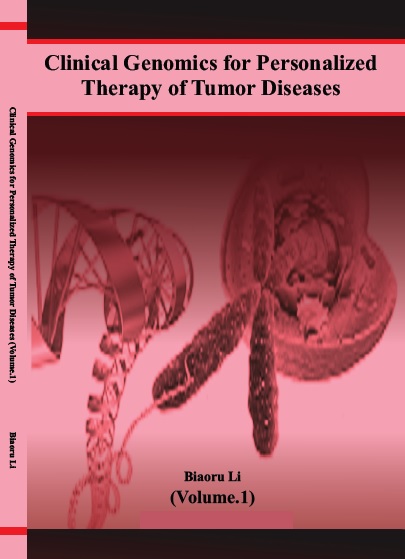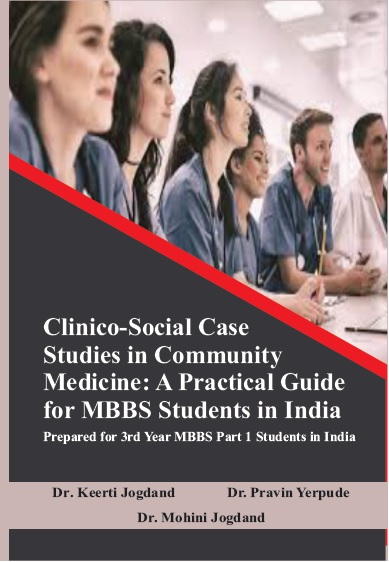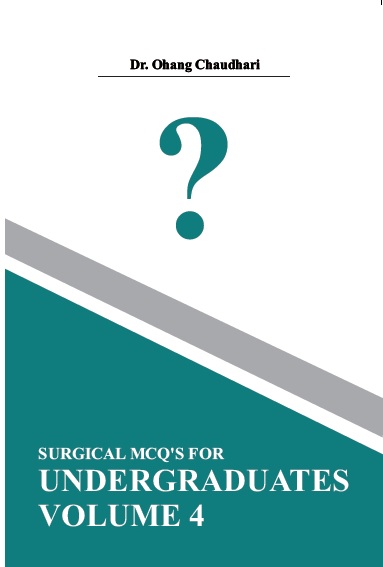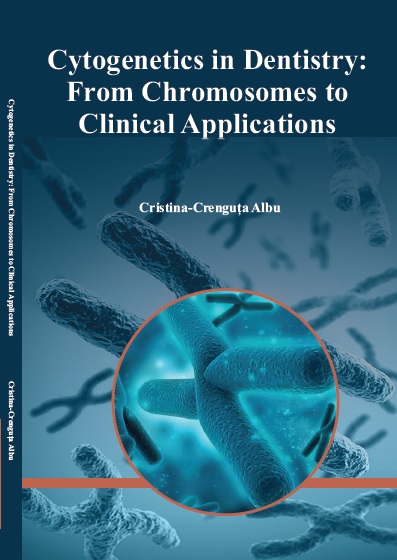MEDICAL SCIENCE

Clinical Genomics For Personalized Therapy Of Tumor Diseases (volume.1)
by Biaoru Li
ISBN Number : 978 - 1- 73028 - 924 - 8
Authors Details
| Author Name | Image | About Author |
|---|---|---|
| Biaoru Li |  |
Senior Faculty of Senior Research Scientist and Clinical Bioinformatics Specialist,
Children Hospital at Georgia (CHOG) and Full Member, GA Cancer Center, Medical
College at Georgia, Augusta University, |
Book Description
The alterations of genome which cumulate after an exposure to radiation, biological factors (viruses, parasites and bacteria) and genotoxic chemicals can result in tumor diseases. The molecular mechanisms of formation, development and metastasis of tumor diseases have been largely studied. For example, in 1914 chromosomal alteration was proposed to relate with tumor disease by Theodor Boveri. In 1960 abnormal Philadelphia chromosome was discovered in chronic myelogenous leukemia by Peter Nowell and David Hungerford. Since then, a theory, “one chromosome disorder will result in tumor disease”, has been proposed. After tumor suppressor genes were uncovered by Alfred Knudson and then proto-oncogenes were identified by J. Michael Bishop and Harold E. Varmus, a concept has been completed, that is, “tumor is a complex and heterogeneous disease with alterations of the genes including genetic and epigenetic aberrations”. In the late1990s, methods to screen for tumor genes and to uncover tumor genome with massively parallel sequencing between normal cells and tumor cells have largely emerged. Since human genome was decoded in 2003, microarray and next generation sequencing have been largely used to detect sequence variants to study genome mechanisms of formation, development and metastasis of tumor diseases. This book is a summary of clinical genomics and personalized therapy based on personal genomic alteration. Clinical personalized therapy referred to as precision medicine is a new medical model to be directly tailored for the care of individual patients. It is often called "the right treatment for the right person at the right time." Most successful examples of personalized treatments require a rational clinical genomic analysis. Following Research and Development (R&D) of techniques and analysis of clinical genomic expression, genomic expression profile along with system modeling for tumor network analysis has been increasingly applied for personalized therapy. Now personalized therapy has been brought forward to the field of tumor diseases. According to design of personalized therapy, I first conclude the entire process including clinical sampling, analyzing mRNA genomic expression with its diagnosis, discovering gene expression signature by system modeling and uncovering sensitive drugs from drug-bank for clinical application. Precision medicine based on clinical genomics analysis also support prevention, predication, prognosis and diagnosis for tumor diseases. After introducing clinical genomic expression with system model for personalized therapy, I further present detection of global GWAS and epigenome for tumor disease. In order to understand DNA/RNA regulation, I introduce clinical analysis of microRNA (OncomiR) and long non-coding RNA (lncRNA) for prevention, predication, prognosis, diagnosis and therapeutic targeting. Although whole genome alteration in tumor diseases have been increasingly used in personalized medicine, proteomics with post-translational modifications still will be considerable role for the new medicine. The book briefly reviews proteomes which can be used for the diagnosis and treatment of individual patients. Moreover, clinical genomics data is going to quickly climb from first generation database such as GEO and SRA from microarray and next generation sequence up to integrated landscape genomics database with clinical annotation such as TCGA (The Cancer Genomics Alta) and ENCODE (Encyclopedia Of DNA Elements), and thus, the integration data are presented. Because the genomic data need validating for clinical application if we apply for genomic data for patient. This book also briefly introduces current primary tumor culture including their advancements and disadvantage and then present genomic editing because both will become reality in the near future for clinical genomics and personalized therapy. In the final part, I will introduce metagenomics/metabolomics performance and analysis related with tumor diseases. The data of metagenomic and metabolomics have been discovered to be associated to tumor diseases, and therefore, the data could make a contribution to therapeutic targeting for tumor diseases. This book is published to be a thorough support to contemporary genomics/proteomics for precision medicine. In order to provide compelling evidence, finally, I will demonstrate three cases reports including RNA level genomics and DNA level genomics analysis.














